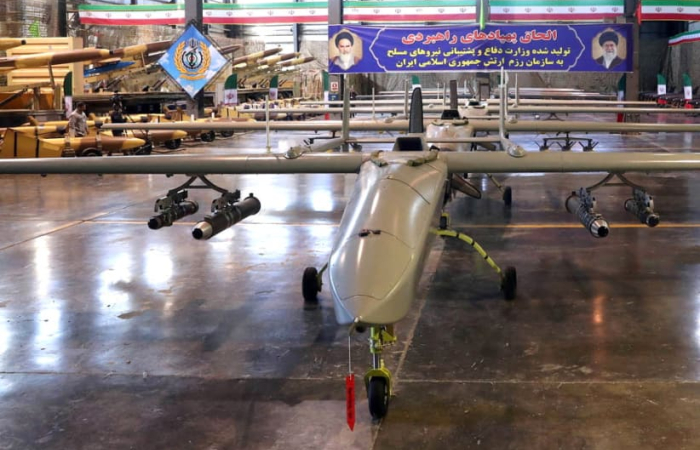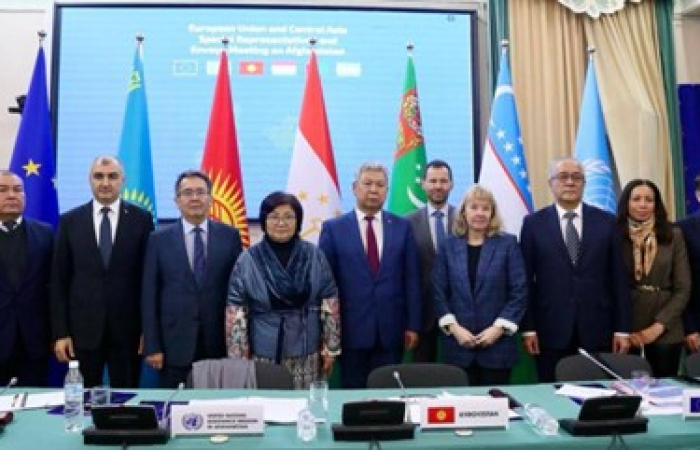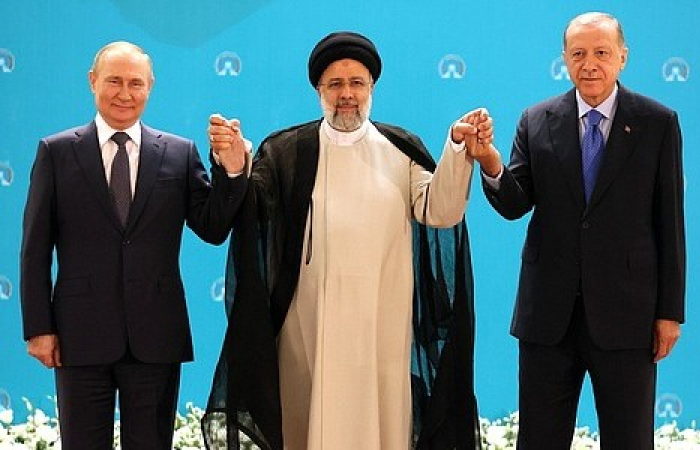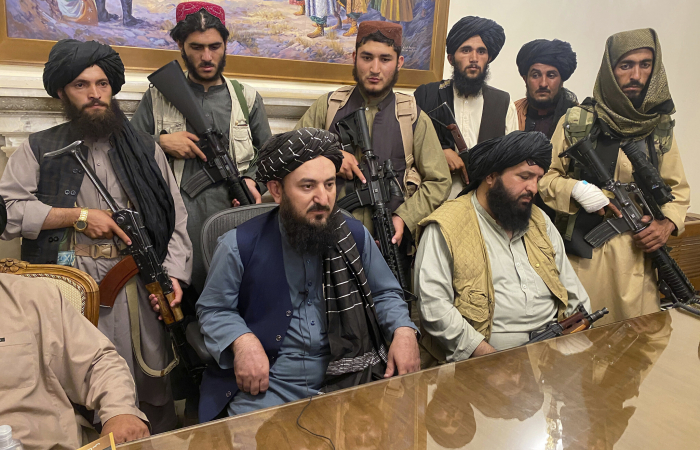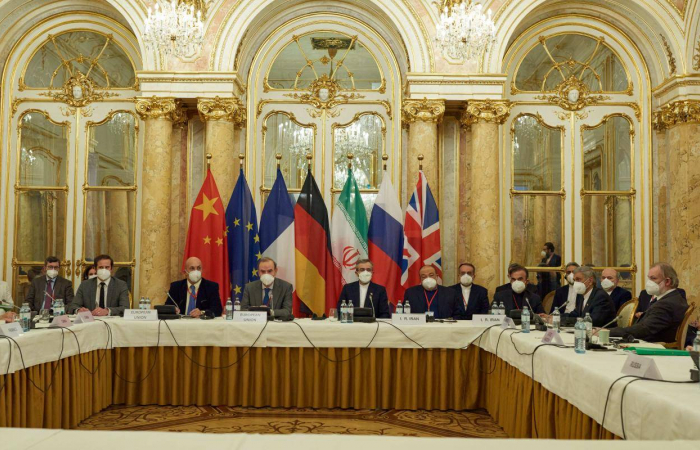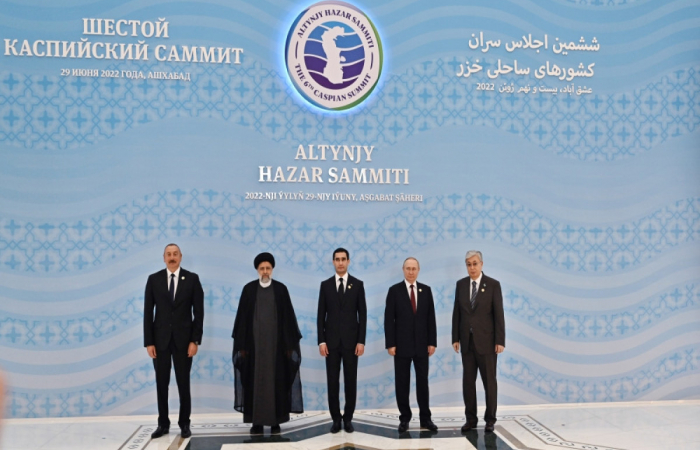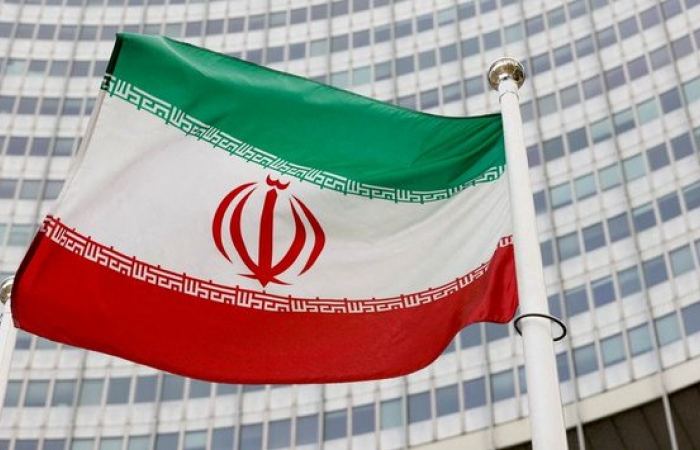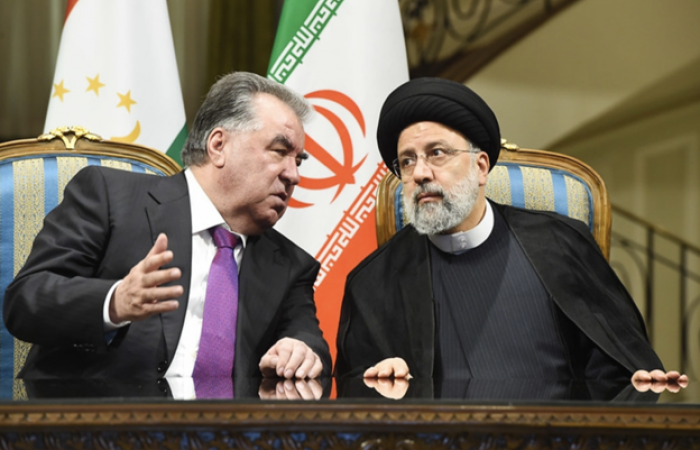Editor's choice
This is a members’ functionality. Please
Sign upNews
Trending
The unlikely trio met in Tehran
20 July 2022
A summit meeting of the leaders of Turkey, Russia and Iran took place in Tehran on Tuesday 19 July.
This is an unlikely trio, three ambitious regional powers who have been brought together by circumstances. The event itself was a set-piece affair, and most of the serious work was done in the bilateral Iran-Russia, Iran-Turkey and Turkey-Russia meetings.
Top of the agenda was Syria, and Turkey's determination not to allow Syria to be a springboard for Kurdish militant activity against it. Turkey has for weeks been preparing for a military operation into Syria. Turkish president, Recip Tayip Erdogan told his Russian and Iranian counterparts that he expected their full support in Ankara’s fight against “terrorists” in Syria.
Both Russia and Iran have a military presence in parts of Syria mentioned as possible targets of Turkey’s new assault.
“What we expect from Russia and Iran is their support for Turkey in its fight against terrorism,” Erdogan said. However, in a meeting with Erdogan on Monday (18 July), Iran’s supreme leader Ali Khamenei told Erdogan such an offensive would be “detrimental” for the region and called for the issue to be resolved through dialogue between Ankara, Damascus, Moscow and Tehran. A 16 point statement was issued at the end of the summit which makes no reference to the imminent Turkish offensive.



